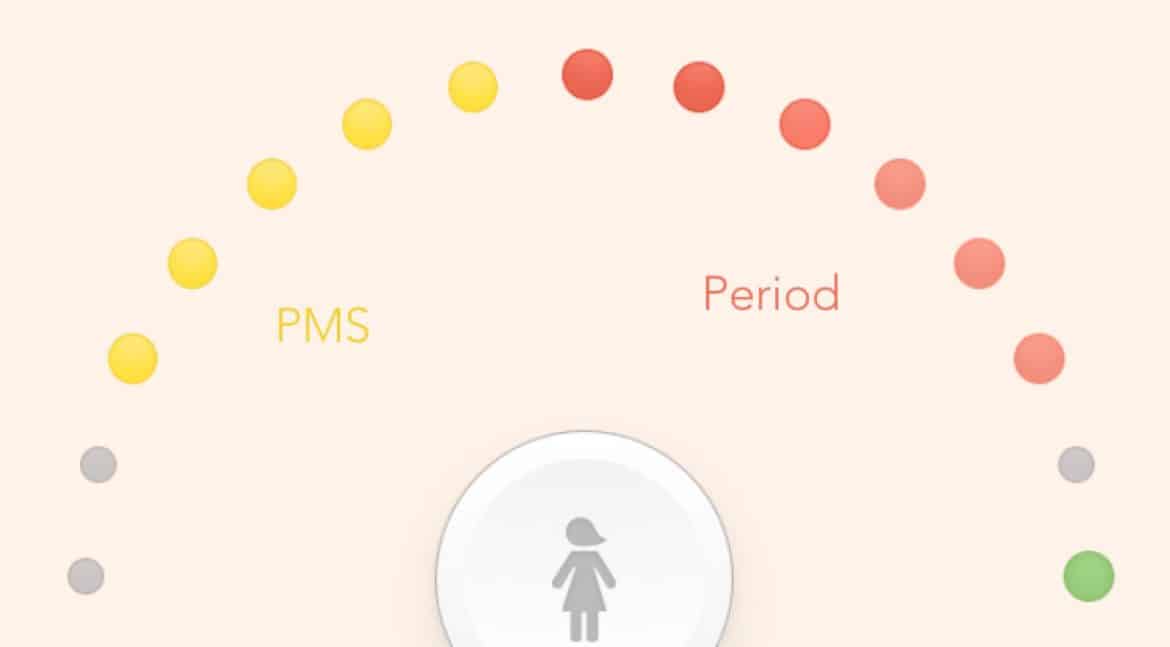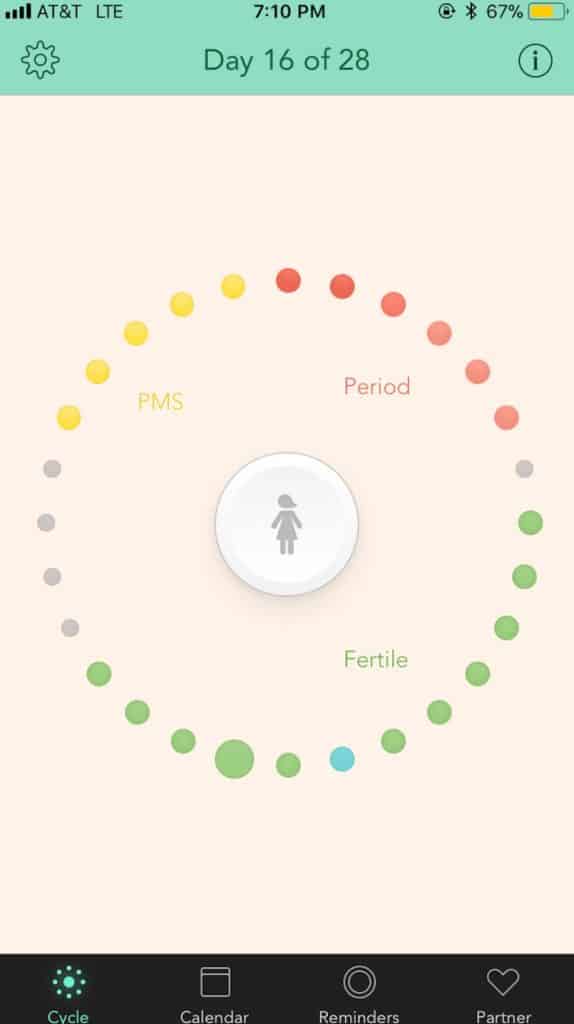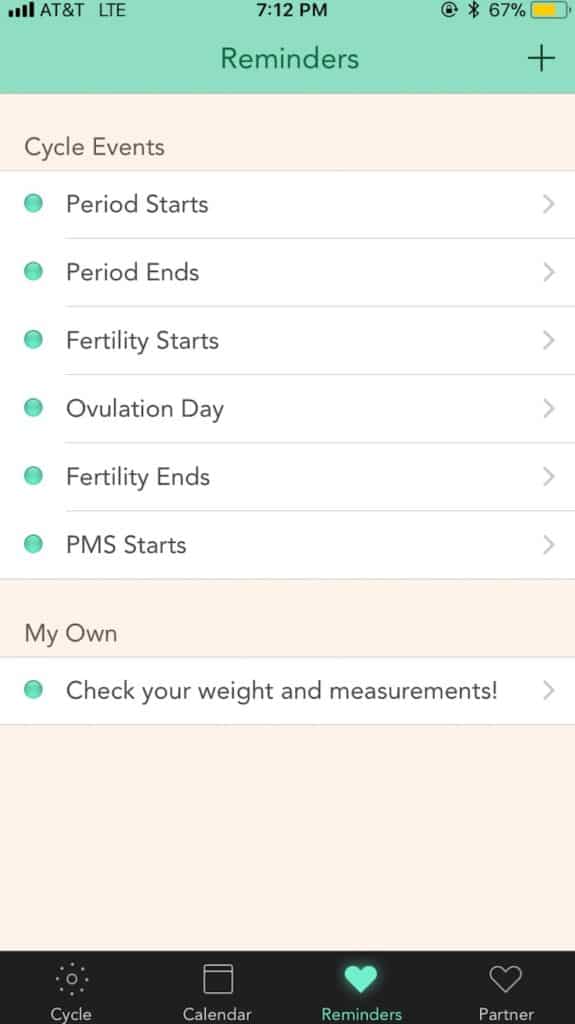I weigh myself once a month…maaaaaybe twice. It’s important, when you’re actively trying to lose weight, because you have to keep tabs on how much weight you’re losing so that you can gauge when it’s time to decrease your calorie consumption.
But what’s even more important is when you weigh yourself.
I always tell people, make sure you weigh yourself the week before and the week after your menstrual cycle first starts. And I always get either one of two responses—either it’s a look of confusion, or a look of annoyance. Why?
Before your cycle arrives, what do you almost always experience first? PMS! And we all experience it differently, right? Some of us develop headaches, or mood swings, or feeling overwhelmingly tired. It’s a title that serves as a large umbrella under which any number of symptoms may fall.
However, the part of PMS that can affect what you experience on the scale is related to bloating. (Aside from eating your feelings when your anxiety skyrockets, of course.)
I know that there are women out there who take diuretics (to rid themselves of the water weight that comes with bloating) or use saunas and sauna suits to get rid of that bloating, but I’d caution against that, as well.
During that first week of your menstrual cycle, your body is ridding itself of the tissue left over from no pregnancy taking place, which also involves loss of blood. Your body bloats (which is a polite way to say “retains water”) in preparation for this blood loss, because it uses the water it retains to combine forces with your bone marrow and create new blood.
This is why you should give up the idea of getting rid of water weight, especially around the start of your cycle—your body will hoard whatever fluid it can from whatever it consumes, and while it does that, other parts of your body will suffer, most importantly, your brain. It’s not a coincidence that many PMS symptoms also mirror symptoms of dehydration. (To be fair, that doesn’t mean that all PMS symptoms are as easy to manage as drinking a glass of water, though you definitely should stay up on your water intake. The body is more complex than that.)
We don’t know enough about this to have quotable studies (though there are plenty of articles which discuss it), but I’ll tell you what I realized about myself and after talking to countless members of the #bgg2wlarmy. When my cycle is approaching, my weight skyrockets by a good 8 pounds over the course of two to three days. If you’re not thinking about it, it can catch you off guard and, yes, demoralize you. What’s more, if you wind up eating a lot of salty foods—which your body might crave as a way of forcing you to drink more fluids—you could not only wind up retaining more water than you need but also, because salty foods also tend to be more fattening ones, you could wind up putting on weight that has to be worked off.
Not only that, but the absence of your period could signal other far more disconcerting issues, like over-training, female athlete triad, or dehydration, all of which require a concerted effort to recover from… a recovery effort that is made more effective with the information you get from tracking your cycle.
If you’re going to weigh yourself on a schedule, which I do recommend, schedule it for the middle of your menstrual cycle, around the 15th day in. I track mine using an iOS app*, titled (unsurprisingly) “Cycles.” (There are period tracking apps on Android, but I couldn’t find the one I use, so I can’t vouch for them.) (And, if you use my link to check out the app, the respective stores will throw a few pennies my way for referring you!)
The app sends you regular reminders to let you know when you can expect symptoms related to PMS, when you are—according to research—likely to be most fertile, and when you can expect your menstrual cycle to begin.
You also have the option of creating your own reminders, which I use to help me remember when it’s time to measure and weigh myself.
I’ve been using it regularly for the past year, and once I started realizing how many of my body’s shifts and changes are in sync with different elements of my cycle, I was able to better understand my own needs and strategize on how to attack them.
More importantly, I was able to avoid the frustration and embarrassment of feeling like I’d randomly gained 6-8lbs in a matter of days because I either knew it was coming, or I knew it was a sign of something more important on the horizon.
It’s worth noting that the average sexually active menstruating person should be keeping track of their cycle anyway, because we like to plan our parenthood instead of letting parenthood mess with our plans, right? Right. Just consider this an additional reason to keep tabs on it, and consider this another way to keep it in check. It’s only predicted my cycle inaccurately once, and the problem wasn’t the app, it was me. (Gots’ to be more careful.)
Keep tabs on your cycle, and don’t let the natural functions of your body discourage you on your way. Breathe a sigh of relief that your body is doing what it should, put on those sweatpants, and get back to work! Your body will thank you for it!
*You now probably know way more about me than you ever planned on learning, huh?




1 comment
Great article . I actually searched this out tonight . Ty
Comments are closed.